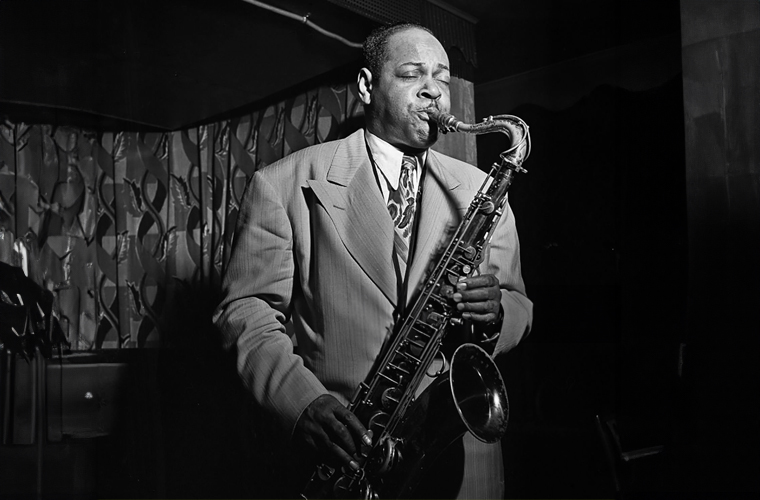Coleman Hawkins was an American jazz saxophonist who is widely regarded as one of the most important and influential musicians in the history of jazz. Born in 1904 in Missouri, Hawkins began playing the piano and the cello at a young age before discovering his love for the saxophone. He quickly became a master of the instrument, and his innovative style and technical prowess helped to shape the sound of jazz music for decades to come.
Hawkins began his professional career in the 1920s, playing with a variety of jazz bands in New York City. He quickly gained a reputation as one of the most talented and innovative saxophonists of his generation, and his virtuosic solos and inventive improvisations earned him a legion of fans. In the 1930s, Hawkins began to experiment with new styles and techniques, incorporating elements of swing and bebop into his music. He also began to collaborate with other jazz greats, including Duke Ellington, Benny Goodman, and Thelonious Monk, among others. These collaborations helped to expand Hawkins’ musical vocabulary and push the boundaries of jazz music.















One of Hawkins’ most famous recordings is his 1939 version of “Body and Soul,” which is widely regarded as one of the greatest jazz recordings of all time. The recording features Hawkins’ virtuosic saxophone playing, as well as his innovative use of harmony and melody. The recording was a huge commercial success and helped to cement Hawkins’ reputation as one of the greatest jazz musicians of his time.
Throughout his career, Hawkins continued to innovate and experiment with new styles and techniques. He was a tireless performer, playing hundreds of concerts and recording dozens of albums over the course of his long and illustrious career. His influence on jazz music can still be heard today, and his legacy continues to inspire new generations of musicians.
In recognition of his contributions to jazz music, Hawkins was inducted into the DownBeat Jazz Hall of Fame in 1955. He also received numerous other honors and awards throughout his career, including a Grammy Lifetime Achievement Award in 1965.
Coleman Hawkins passed away in 1969, but his legacy lives on. His innovative style and technical prowess helped to shape the sound of jazz music for decades to come, and his influence can still be heard in the work of countless musicians today. He will always be remembered as one of the true pioneers of jazz music, and his legacy will continue to inspire future generations of musicians for years to come.

